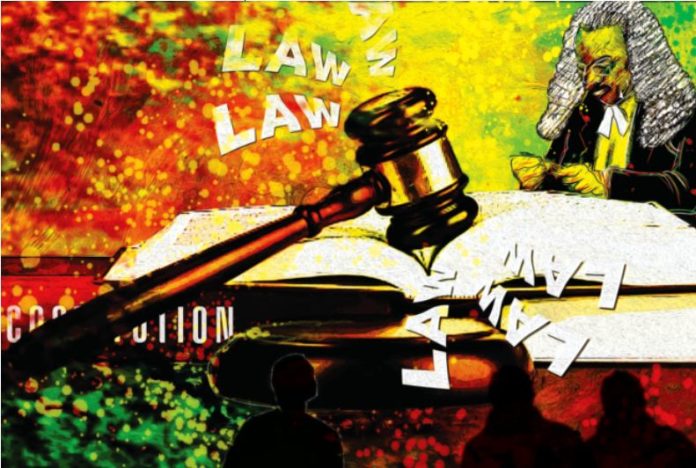A special court had acquitted the two men on trial for rioting and vandalising property during the Delhi riots.The reason cited for acquittal was that the prosecution hadn’t proved the case beyond reasonable doubt.
The verdict was pronounced by Justice Amitabh Rawat, who pronounced the verdict on Wednesday after noting that the two key witnesses did not inspire the court to prove the case against the two men.
The two men, Yogender Singh and Suraj were on trial for offences under Sections 147 (rioting), 427 (mischief causing damage to the amount of 50 rupees), 436 (mischief by fire or explosive substance with intent to destroy house, etc.) read with Section 149 (unlawful assembly) of IPC.
The judgement highlighted that the Prosecution could not prove the case.
The two eye-witnesses were complainant Shamshad and Delhi police constable Pramod who had alleged that the large group of rioters had looted and ransacked his house on February 25,2020 making him suffer huge loss.
The two men were arrested on the complain by Shamshad on the alleged charges of Vandalism.
The court clearly said that cardinal principle of criminal jurisprudence is that a criminal case has to be proven for pronouncing someone guilty.
But when it came to the testimony of the complainant, it was noted that he changed his stand from having recorded his statement before the police to the one during his cross-examination.
The Court said that the complainant Shamshad was not ascribed as an eyewitness to the entire incident of rioting an later on retracted the said stand.
The final judgement read that On the cumulative reading of the entire testimonies of all the witnesses, the presence of accused persons in the unlawful assembly on the time and place of the incident and their participation in the act of rioting, mischief and burning of the house of the complainant is not established at all.
As a result, the two men are acquitted.


